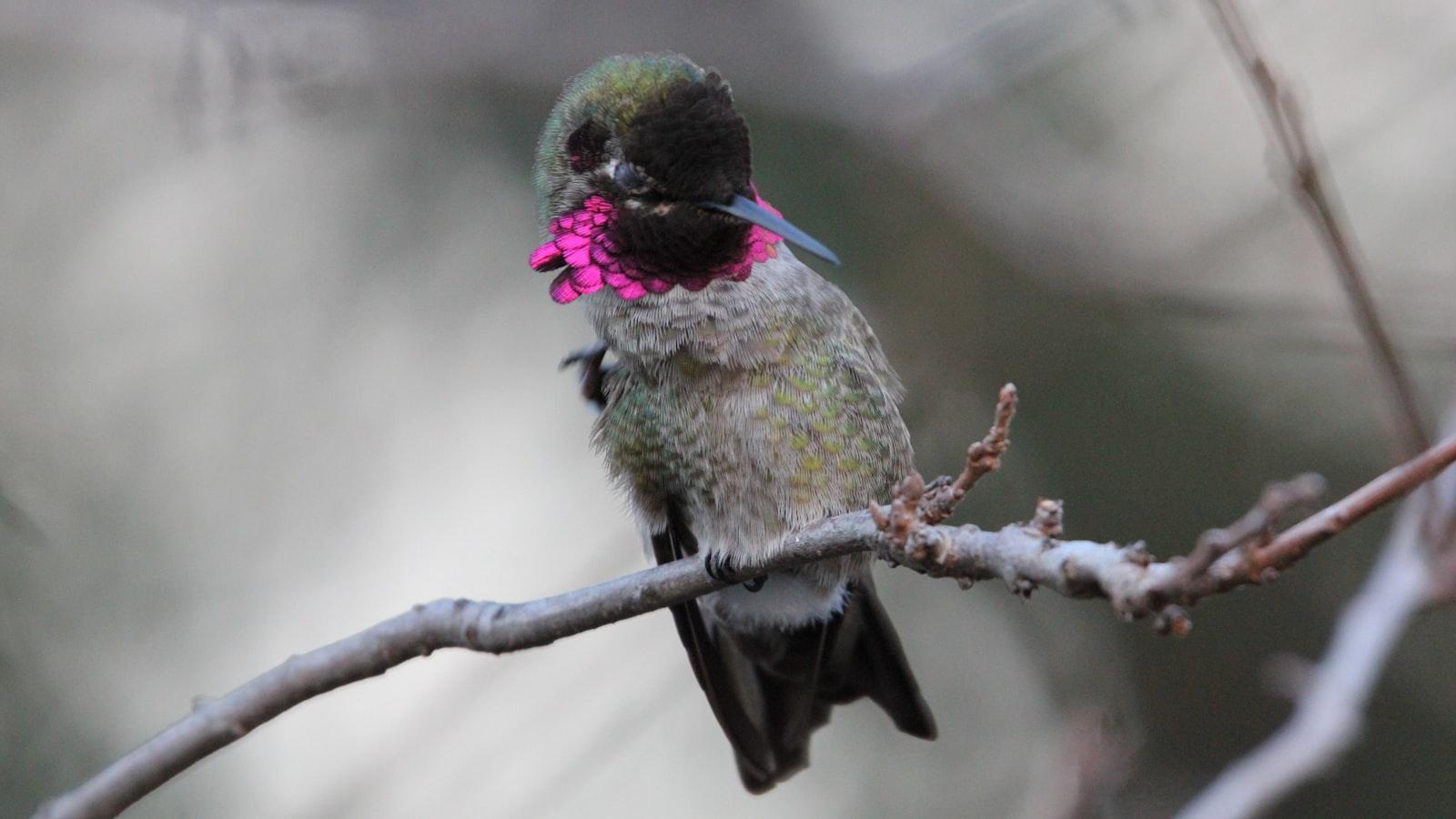Embark on a voyage through the intricate web of life that connects every living organism to the vast cosmos above. In the realm of planetary ecology, the delicate dance between Earth’s ecosystems and celestial forces unfolds in a majestic tapestry of interconnectedness. Join us as we explore the harmonious balance that sustains life on our precious blue planet, delving into the wonders of biodiversity, climate dynamics, and the profound impact of human activity on the intricate fabric of nature. Welcome to a journey where science meets art, where the whispers of the wind carry the stories of centuries past, and where the heartbeat of our planet resonates with the symphony of the universe.
Table of Contents
- Exploring the Intricacies of Planetary Interconnectedness
- Preserving Biodiversity for Sustainable Ecosystems
- Harnessing Renewable Energy for Planetary Health
- Promoting Global Collaboration to Combat Climate Change
- Q&A
- In Conclusion
Exploring the Intricacies of Planetary Interconnectedness
Discover the delicate web of connections that bind planets in a dance of mutual influence and harmony. From the gravitational pull shaping orbital paths to the subtle energy exchanges that nurture life forms, the intricate tapestry of planetary interconnectedness unfolds before us.
**Journey** through the realms of celestial bodies where ecosystems collide and intertwine, showcasing the beauty of interdependence and coexistence. Explore the ways in which each planet’s unique characteristics contribute to the greater cosmic symphony, highlighting the synchronicity of life across vast expanses of space and time.

Preserving Biodiversity for Sustainable Ecosystems
In today’s rapidly changing world, the importance of preserving biodiversity for the sustainability of ecosystems cannot be overstated. The delicate balance of flora and fauna is crucial for maintaining the health and stability of our planet. Through conscious efforts and forward-thinking initiatives, we can pave the way for a brighter, greener future.
One key strategy to safeguard biodiversity is through the creation of protected areas where various species can thrive undisturbed. By establishing these sanctuaries, we provide safe havens for endangered wildlife to flourish and ecosystems to regenerate. Additionally, promoting sustainable practices such as renewable energy adoption and regenerative agriculture can significantly reduce our impact on the environment, allowing biodiversity to thrive for generations to come.
| Benefits of Preserving Biodiversity | |
|---|---|
| Enhanced ecosystem resilience | Improved soil quality |
| Better climate regulation | Increased pollination |

Harnessing Renewable Energy for Planetary Health
The utilization of renewable energy sources plays a pivotal role in fostering a sustainable environment for all living beings on our planet. Harnessing the power of solar, wind, and hydro energy not only reduces our reliance on fossil fuels but also minimizes harmful emissions that contribute to climate change.
By embracing renewable energy technologies, we take a significant step towards preserving the delicate balance of our ecosystems. Investing in green energy initiatives not only benefits the environment but also creates opportunities for innovation and economic growth. Together, through conscious efforts to prioritize renewable energy solutions, we can pave the way for a healthier and more vibrant future for generations to come.

Promoting Global Collaboration to Combat Climate Change
In today’s interconnected world, the urgency to address climate change transcends borders, emphasizing the critical need for global collaboration. As nations grapple with the complex challenges posed by environmental degradation, the initiative to forge unified efforts becomes paramount. By rallying nations and organizations around a shared vision of sustainable practices and environmental stewardship, we can pave the way for a brighter future for our planet.
Key Strategies for Global Collaboration in Combating Climate Change:
- Establishing Green Technology Transfer Programs: Facilitating the exchange of eco-friendly technologies between developed and developing nations to accelerate the transition to renewable energy sources.
- Creating International Climate Change Task Forces: Forming collaborative task forces comprised of experts from various countries to devise innovative solutions and strategies to mitigate the impacts of climate change.
| Country | Renewable Energy Usage (%) | Emission Reduction Targets (%) |
|---|---|---|
| USA | 25% | 30% |
| Germany | 45% | 50% |
| China | 30% | 35% |
By fostering a spirit of cooperation and shared responsibility, we can transcend individual interests and work towards a collective goal of preserving our planet for future generations. Let’s join forces in the spirit of unity and collaboration to safeguard the health and well-being of our global ecosystem.
Q&A
Q: What is planetary ecology, and why is it significant?
A: Planetary ecology refers to the study of how living organisms interact with their environment on a global scale. It explores the intricate relationships between ecosystems, climate, and biodiversity. Understanding planetary ecology is crucial as it helps us comprehend the delicate balance of nature and the impact of human activities on the health of our planet.
Q: How does planetary ecology differ from traditional ecology?
A: Planetary ecology expands beyond the boundaries of individual ecosystems or regions, focusing on the interconnectedness of all ecosystems across the globe. While traditional ecology concentrates on specific habitats or species, planetary ecology takes a holistic approach to study the biosphere as a unified system.
Q: What are some current challenges in planetary ecology?
A: One pressing challenge in planetary ecology is climate change, caused by factors like deforestation, pollution, and greenhouse gas emissions. Biodiversity loss and habitat destruction are also critical issues that researchers in planetary ecology aim to address. Finding sustainable solutions to these challenges is essential to safeguarding the health of our planet.
Q: How can individuals contribute to planetary ecology?
A: Individuals can make a positive impact on planetary ecology by adopting eco-friendly practices in their daily lives, such as reducing waste, conserving energy, and supporting conservation efforts. By promoting sustainability and raising awareness about environmental issues, everyone can play a part in preserving the health of our planet for future generations.
In Conclusion
As we journey through the vast cosmos, the delicate harmony of planetary ecology reminds us of the interconnectedness of all life forms. From the gentle dance of flora and fauna to the mystical balance of ecosystems, each planet holds its own unique tapestry of existence. By delving into the realms of planetary ecology, we unveil a world where every organism plays a crucial role in the grand symphony of nature. Let us continue to explore, learn, and protect the precious web of life that binds us all together across the galaxies. Embrace the wonder of planetary ecology and let it guide us towards a future where harmony reigns supreme.



0 Comments